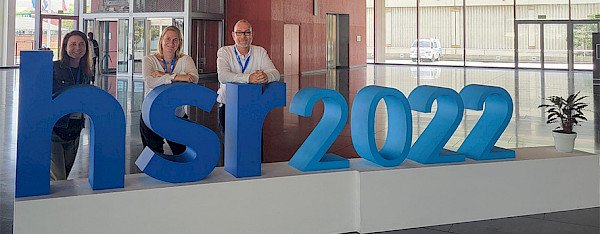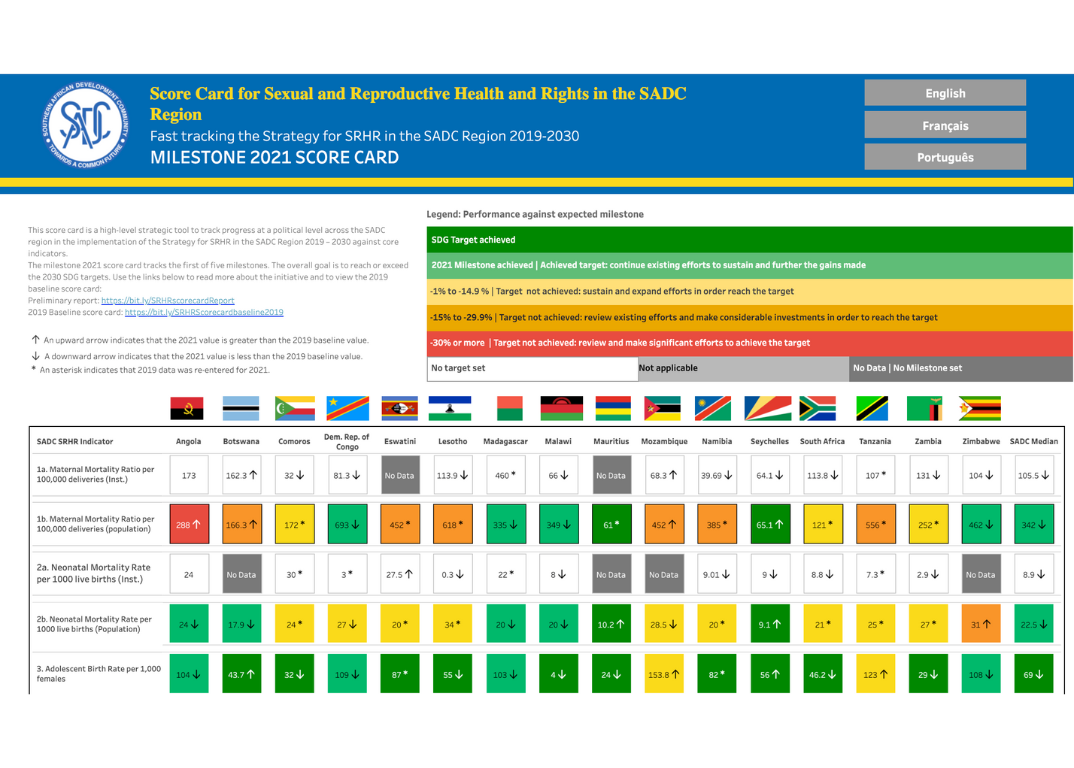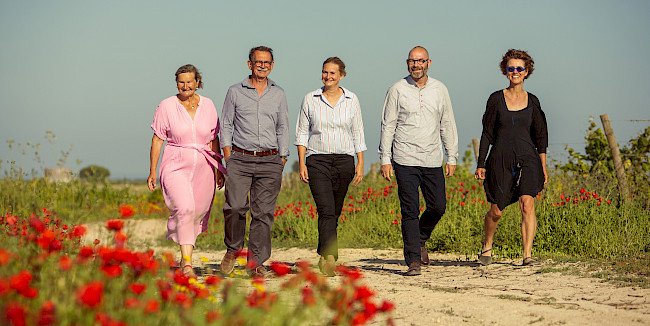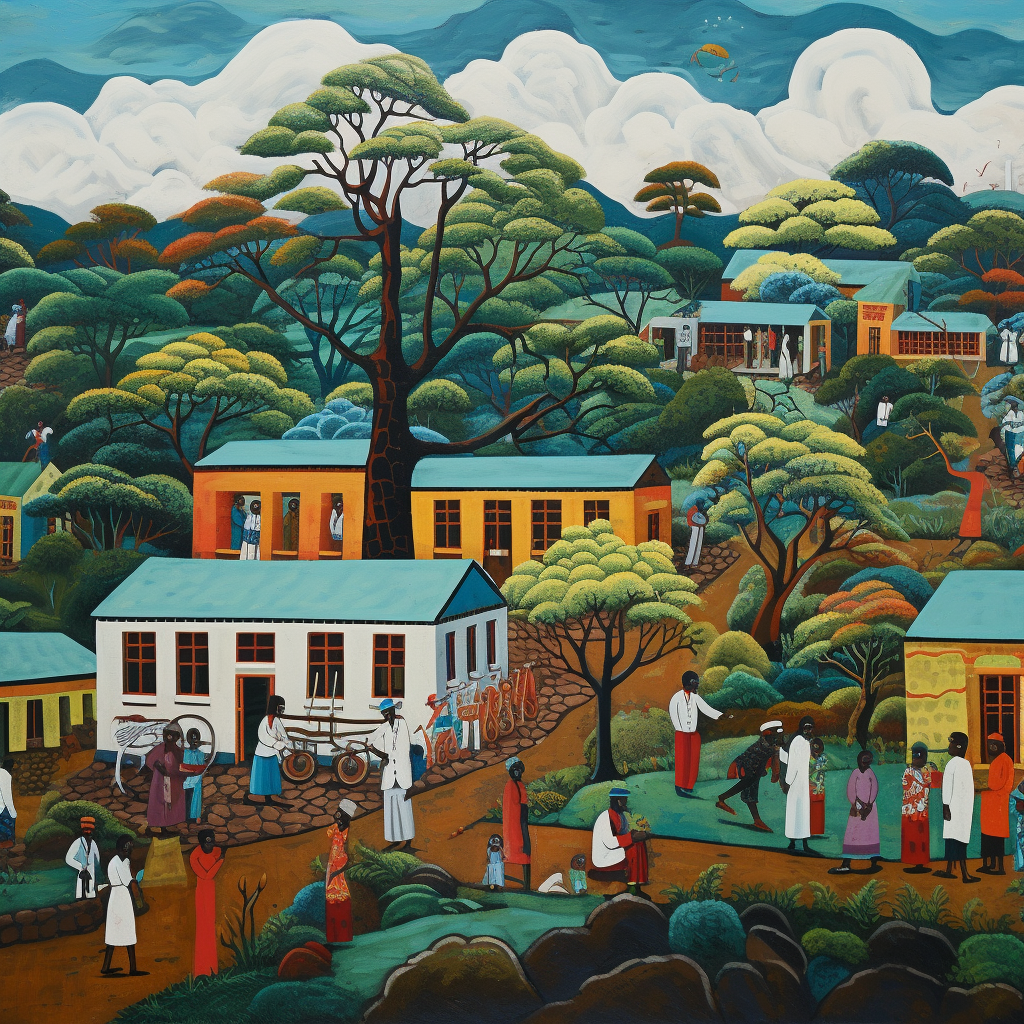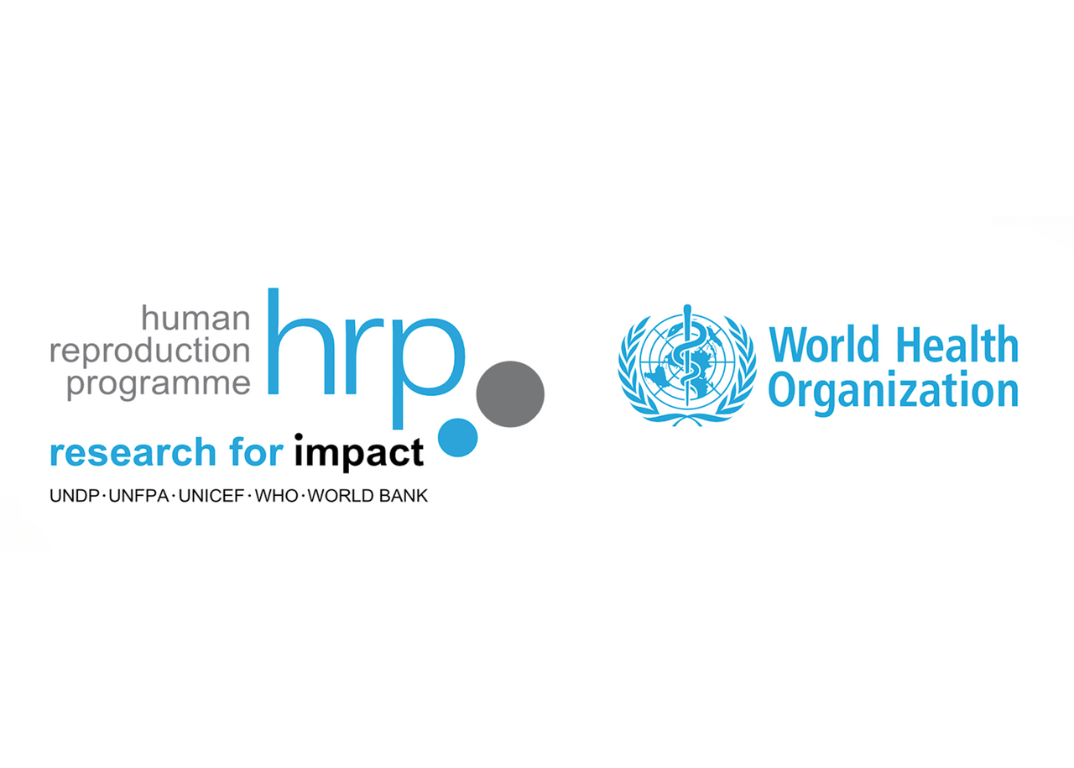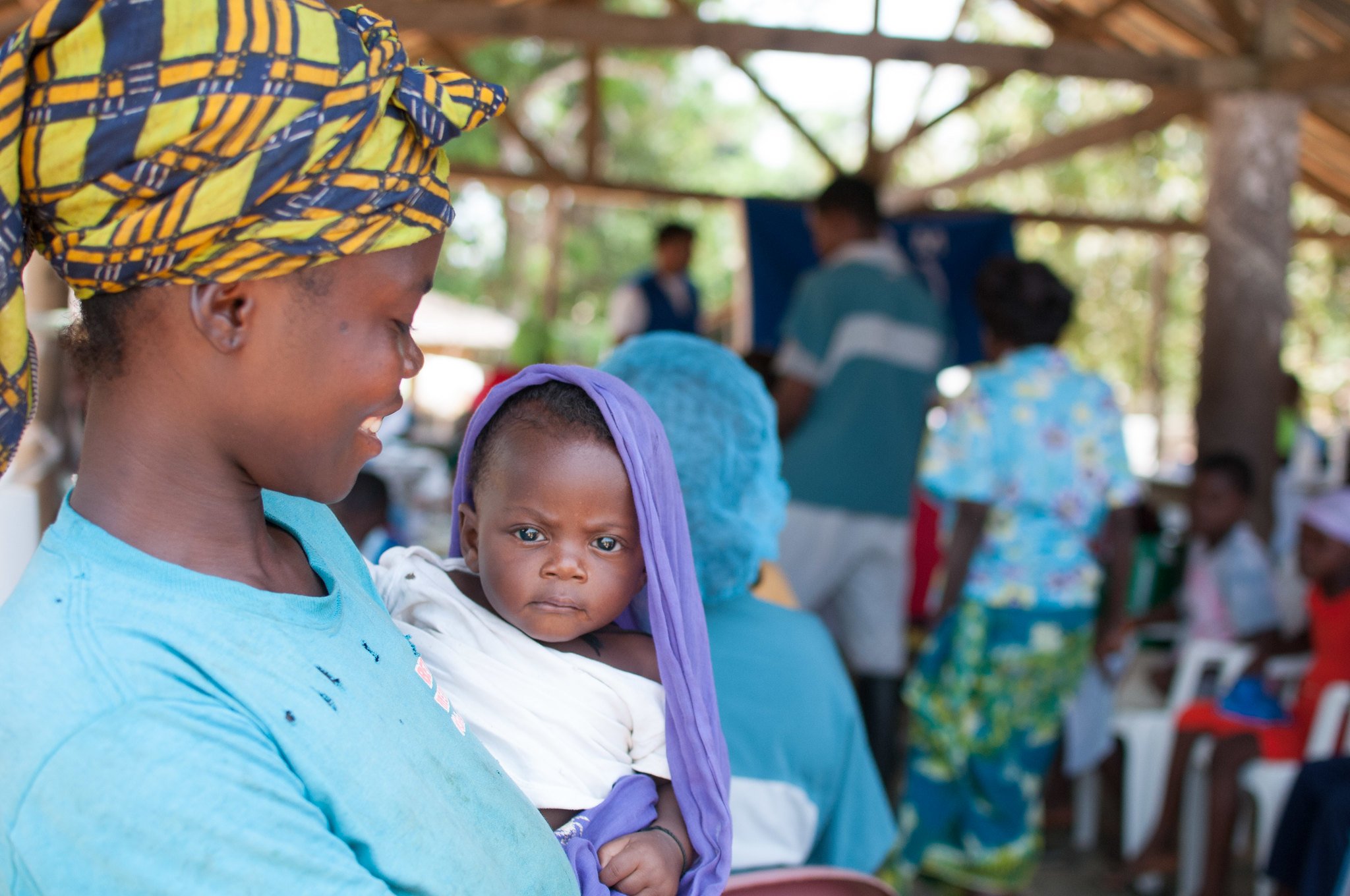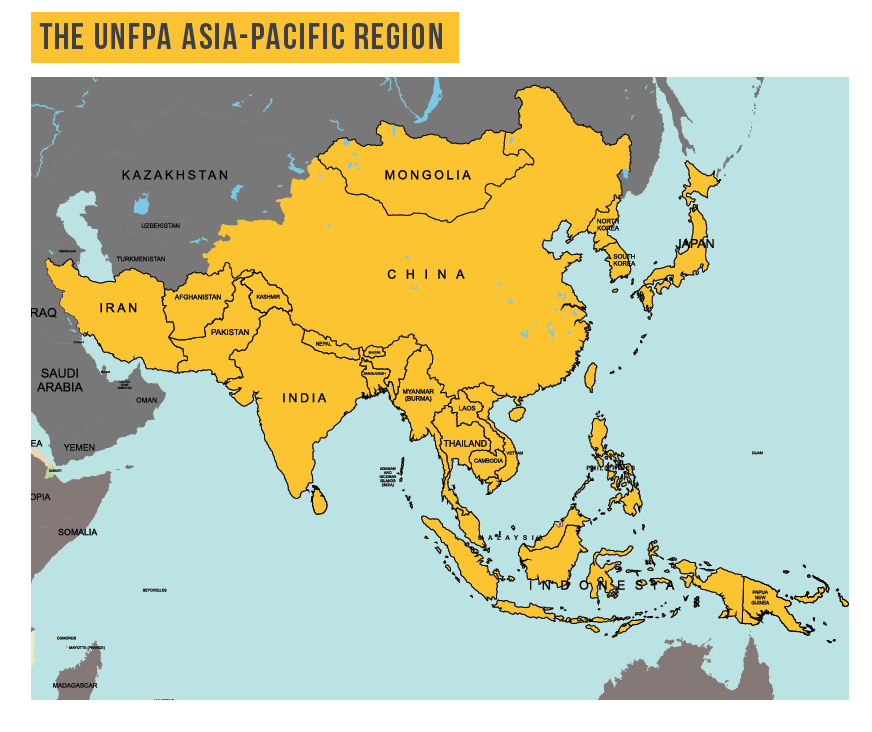
Marieke Devillé, MA Modern History, M.Sc. Violence, Conflict and Development, Social Development Expert
Marieke Devillé is a partner at hera with a background in social science.
She has a wide range of experience in project management, strategy development and evaluations, including the operational and technical delivery of programmes that address complex global development issues in health and social development.
Marieke worked in different small and large-scale international development organisations as a project officer, finance officer and team manager.
For the past twelve years, she worked as an international development consultant and partner for hera and is very well acquainted with the hera values, its culture, operations, staff and partners.
She has been a hera partner since 2014 and a Board member since 2019.
Marieke was appointed Director by the hera partners in 2021, and her primary responsibilities include the operations of the organisation, including all administrative and financial management and the office. She works across the organisation in close collaboration with the CEO, partners, associates, project officers, and finance and communication officers. She ensures that hera provides the best possible service to our clients and partners and that the organisation contributes to delivering the right to health and development for all.
Marieke has a master’s degree in conflict violence and development from the School of Oriental and African Studies (SOAS) and is fluent in Dutch, English, French, Spanish and Portuguese.
Contact info: marieke.deville@hera.eu
Related Stories
This fact sheet was developed by the United Nations Population Fund (UNFPA) with the support of a hera team that included Adria Armbrister, Marianne Eelens, and Alejandra Martinez.
At the end of October this year, hera’s Director Marieke Devillé, CEO Leen Jille and Project Officer Alice Peschiutta made the trip to attend HSR2022 in Bogota, Colombia. By all accounts, it was an engaging experience and a positive immersion in health systems research.
At the Seventh Global Symposium on Health Systems Research (HSR2022) in Bogota, Colombia, hera Director Marieke Devillé, along with Alejandra Martinez presented a participatory workshop on gender-responsive evaluation and research approaches.
In October 2020, hera was awarded a two-year contract with UN WOMEN for the Mid-Term Assessment of the Spotlight Initiative, a multi-year initiative between the European Union (EU) and the United Nations (UN), focused on eliminating all forms of violence against women and girls (VAWG).
The SRHR SADC Scorecard is a high-level peer review accountability tool to track progress of the Region in achieving the SADC Regional Strategy for SRHR 2019-2030 and the SRHR targets of the Sustainable Development Goals. It consists of 20 key indicators to track progress in meeting the 10 outcomes of the strategy. Member States are to report every two years on progress made against the SADC Scorecard.
The 2021 UNFPA report highlights the critical need for bodily autonomy. COVID-19 worsened the problem, with increased gender-based violence and limitations on healthcare access. The report acknowledges challenges faced by diverse groups. hera's research on women's decision-making around sexual health contributed to the report, with a focus on agency that goes beyond access to services.
Assessment of a Belgian government-funded program run by the Institute of Tropical Medicine (ITM), which aims to build research and healthcare capacity in developing countries. Evaluators reviewed 24 projects and 10 thematic networks across 18 countries and came forward with findings that will inform future collaborations to improve global health.
hera's MTR evaluated implementation progress, identified challenges, and provided recommendations for improvement. The findings helped shape the subsequent CSP phase, emphasizing innovation and addressing key healthcare issues.
hera was selected to conduct the fourth external evaluation of the HRP covering the period from January 2013 to December 2017.
Over a span of four years, the hera team worked to improve access to quality healthcare for pregnant women and children under five in Guinea-Bissau.
In 2012 the government of Canada provided a grant to the WHO Global Malaria Programme (GMP) to support the scale-up of the diagnosis and treatment of children with pneumonia, diarrhoea and malaria by Community Health Workers, an approach known as integrated community case management (iCCM). The six-year programme, labeled the Rapid Access Expansion (RAcE) initiative, distinguished itself from other internationally funded iCCM programmes by aiming to achieve universal health coverage for all children in hard-to-reach areas within selected geographic boundaries.
The study of universal health coverage for sexual and reproductive health in the Asia-Pacific Region was undertaken by hera under contract by the United Nations Population Fund Asia and Pacific Regional Office.


